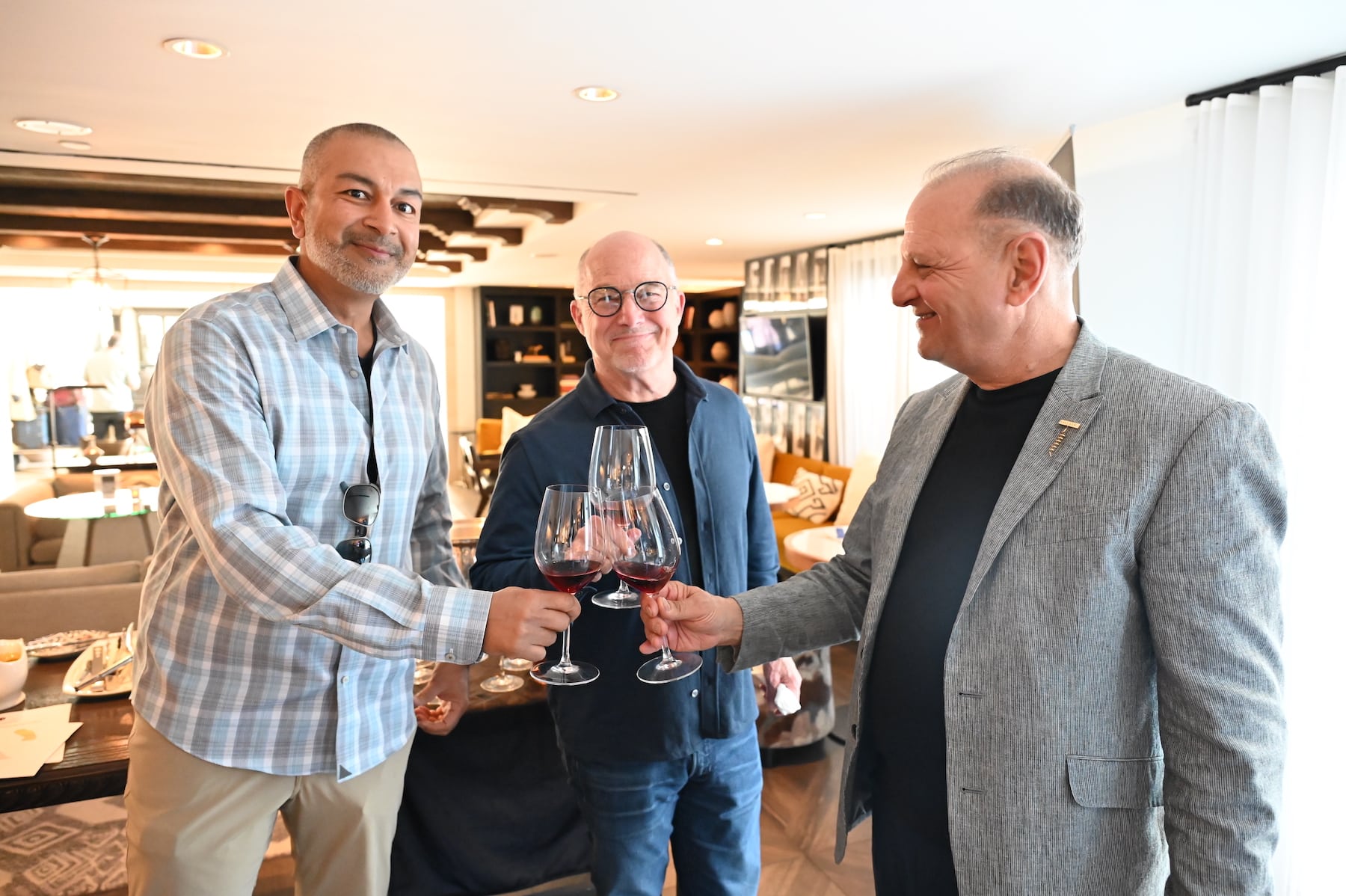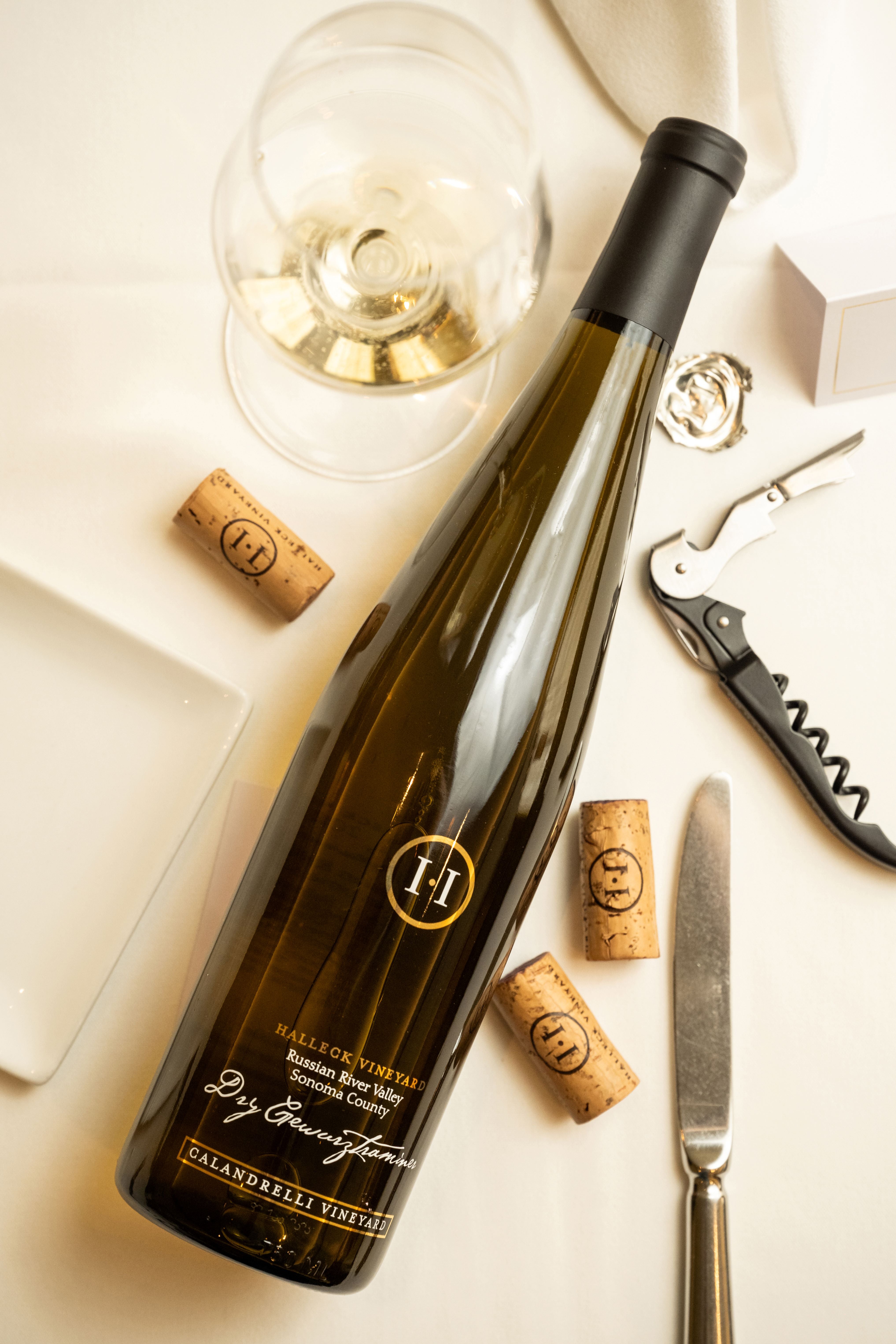Wineries Pairing Wine With Chocolate - Unique Wine Tasting Experiences In Sebastopol
Wineries Pairing Wine With Chocolate - Unique Wine Tasting Experiences In Sebastopol
Blog Article
Wine Tasting Events In Sonoma County - Tasting Experiences In Sebastopol Vineyards
Wine tasting is usually regarded as an art form, one that goes past merely having fun with a beverage. It embraces a complex interaction of flavors, aromas, and textures that requires devoted practice to really master. Many who venture into the world of wine tasting rapidly understand that it entails rather more than simply sipping wine. Improving sensory skills by way of dedicated winery wine tasting can elevate the experience, transforming an informal consuming occasion into a classy exploration of the senses.
At a fundamental stage, wine tasting engages the senses of sight, smell, taste, contact, and even sound. Each component performs a vital role in appreciating the nuances of a wine. When one first pours a glass of wine, the rich hues can provide preliminary insights into its age and varietal. Observing the color and readability helps form expectations in regards to the wine's flavor profile. Many don’t fully respect how this visible evaluation can set the stage for what's to follow.
The subsequent step is to have interaction the sense of scent. Swirling the glass aerates the wine, permitting its risky compounds to flee and fill the air with its bouquet. The nose entails some fascinating layers—different aromas can signal various elements of the winemaking course of, together with the type of grapes used, fermentation methods, and aging circumstances. Creating a eager sense of smell can be a game-changer in wine tasting.
Remarkable Craft Wineries In Sebastopol - Local Wineries In Sebastopol
To improve this sensory skill, wine enthusiasts are sometimes encouraged to take part in devoted tastings at wineries. These tastings permit individuals to focus solely on the sensory experience (Wineries With Beautiful Architecture). Tasting periods led by educated sommeliers or winemakers can supply insights into identifying distinct aromas. Studying to differentiate between floral, fruity, earthy, and spicy notes can empower a taster to articulate their experience with larger precision.
As one practices their sensory abilities, they might uncover that their taste preferences evolve. This transformation usually occurs after a quantity of tastings. A wine that originally appeared overwhelming may reveal hidden layers of complexity with a bit of experience. Understanding tips on how to isolate particular person flavors such as acidity, sweetness, bitterness, and umami contributes considerably to the overall wine experience.
Another essential factor in bettering sensory skills is the context in which wine is tasted. Environmental components like temperature, lighting, and even the company present can affect perceptions. At a winery, an optimal setting can cut back distractions and enable a extra profound exploration of the wine (Remarkable Craft Wineries In Sebastopol). Working Towards conscious tasting techniques encourages a more immersive experience, permitting tasters to hone in on their senses.
It isn't solely about individual notion, although. Engaging with others throughout a tasting also can improve sensory skills. Sharing notes and discussing impressions fosters a deeper understanding of the wine. This collaborative strategy encourages individuals to articulate their sensory experiences, thereby broadening their linguistic repertoire associated to wine tasting.
Charming Wineries With Views In Sonoma Valley - Craft Wineries In Sonoma
Additionally, pairing wine with food can considerably improve the tasting experience. Different mixtures can bring out distinctive flavors in each the wine and the dish. As one tastes a wine alongside specific foods, they'll start to recognize how sure parts in the wine complement or distinction with what they are consuming. This skill of pairing is one other layer that enriches sensory development.
Coaching one’s palate can involve a big selection of workouts. Some enthusiasts have interaction in systematic tasting experiences, sampling a variety of wines that showcase different varietals, areas, or vintages. Exploring this range can sharpen the ability to discern nuances across completely different wine profiles. Over time, this practice builds a mental library of flavors that can be accessed throughout future tastings.
Notably, written notes serve a dual objective: organizing one’s thoughts and reinforcing reminiscence. By writing down observations about each wine, tasters can monitor their progress over time. Detailing the characteristics of wines assists in solidifying information, ultimately deepening one’s appreciation of what they eat.
Furthermore, attending workshops or classes targeted on sensory analysis can additionally be helpful. Many wineries provide these instructional applications to help people refine their skills. Typically, skilled instructors guide participants via structured tastings, focusing on specific parts of the wine. This level of schooling reinforces the sensory skills asynchronously and challenges tasters to contemplate their experiences from different angles.
Wineries With Sustainable Practices - Sonoma's Hidden Winery Gems
Over time, the commitment to enhancing sensory skills through dedicated winery wine tasting can yield important rewards. The enjoyment derived from wine becomes layered and multifaceted. No longer restricted to a simple desire for "red" or "white," tasters begin to understand the tales behind each pour. They cultivate a palette able to navigating the complex landscape of flavors with confidence.
In conclusion, click this link the journey of enhancing sensory skills via dedicated winery wine tasting is as rewarding as it is pleasant. It requires focus, commitment, and a willingness to be taught, but the outcomes far exceed the initial effort. By participating multiple senses and participating in considerate discussions, people not solely become more adept at identifying flavors but additionally develop a deeper appreciation for the craftsmanship behind every bottle. The process transforms wine from a mere beverage right into a wealthy tapestry of sensory exploration that beckons enthusiasts to delve deeper. As skills enhance, so too does the enjoyment, enriching life experiences one sip at a time.
Wineries Near Highway 12 - Tasting Rooms In Sebastopol
- Participating the palate via numerous wine varieties enhances the power to distinguish flavors and aromas, refining general sensory notion.
- Collaborating in guided tastings promotes focused consideration on refined traits of each wine, nurturing critical tasting skills.
- Studying to establish specific grape varieties fosters a deeper understanding of terroir, which aids in recognizing regional flavor profiles.
- Incorporating food pairings during tastings can heighten sensory consciousness, as completely different tastes can affect each other and alter perceptions.
- Training the art of swirling and nosing wines permits people to attach olfactory cues with taste, improving the power to articulate sensory experiences.
- Attending workshops that emphasize blind tastings trains participants to rely purely on their senses quite than preconceived notions, enhancing objectivity.
- Elevating sensory skills can lead to higher wine choice talents, empowering individuals to make knowledgeable decisions based mostly on personal preferences.
- Engaging with knowledgeable sommeliers presents insights into wine-making processes, which deepens sensory appreciation and enhances vocabulary for describing wines.
- Common participation in tastings encourages reminiscence improvement of flavors and aromas, aiding within the formation of a personalised sensory profile over time.
- Sharing tasting experiences with friends fosters dialogue, promoting communal learning that can improve individual sensory skills via collaboration.undefinedWhat is the aim of improving sensory skills via wine tasting?

Enhancing sensory skills through wine tasting permits individuals to enhance their capacity to determine and recognize the varied aromas, flavors, and textures of wine. This heightened sensory awareness can result in a deeper understanding of wine and an overall enriched tasting experience.
Wineries Featuring Vineyard Tours - Sonoma Valley Vineyards And Wine Tasting
How can I develop my sensory skills at a winery?
You can develop your sensory skills at a winery by taking part in guided tasting periods that target specific varietals. Interact with knowledgeable staff who can provide insights and encourage you to take notes in your impressions, enhancing each your observational and descriptive talents.
What should I expect during a devoted wine tasting experience?
Wineries With Scenic Views - Sonoma Wine Tasting Tour
During a dedicated wine tasting experience, expect to sample a selection of wines whereas receiving focused training about each. You May be taught in regards to the winemaking course of, tasting techniques, and tips on how to discern different sensory traits, all in a relaxed setting.

Is prior information of wine essential to benefit from a sensory skills workshop?
- Scenic Vineyard Tours In Sebastopol
No prior information of wine is critical; the workshops are designed for all levels of experience. Newbies will discover priceless information to build from, whereas seasoned tasters can refine their skills and broaden their palate even further.
How do sensory skills influence my general wine appreciation?
Wineries Ideal For Romantic Getaways - Iconic Wineries Of Sebastopol
Bettering sensory skills significantly enhances your total wine appreciation by allowing you to establish subtleties and complexities in wines. This deeper understanding enriches your tasting experience and helps you make knowledgeable my latest blog post selections primarily based on personal preferences.
Are there specific techniques I ought to use while tasting wine to enhance my sensory skills?
Wineries With Unique Varietals - Wine Tasting Experiences In Sebastopol
Sure, employing techniques such as the "SWOT" method (Sight, Swirl, Scent, Sip, Savor) may be useful. Pay attention to the wine's appearance, aromatics, and mouthfeel, and take your time with every sip to totally discover the flavors and sensations.
What type of wines are usually included in sensory skills tastings?
Sometimes, sensory skills tastings include quite a lot of wines that showcase totally different regions, varietals, and styles. This range helps participants establish distinct characteristics and enhances their ability to distinguish between wines.
Can sensory skills workshops be personalized to my tasting interests?
Wineries Promoting Wine Club Memberships - Winery In The Sonoma Wine Region
Many wineries supply personalized options for sensory skills workshops, allowing you to give attention to specific forms of wines or themes that curiosity you, similar to organic wines or unique regional offerings. It's finest to inquire instantly with the winery for tailored experiences.
Is there a way to practice sensory skills after leaving the winery?
Yes, you presumably can practice your sensory skills at home by tasting completely different wines and maintaining a tasting journal. Experimenting with various food pairings and aromatics can further improve your understanding of how flavors interact, reinforcing the skills gained at the winery. Report this page